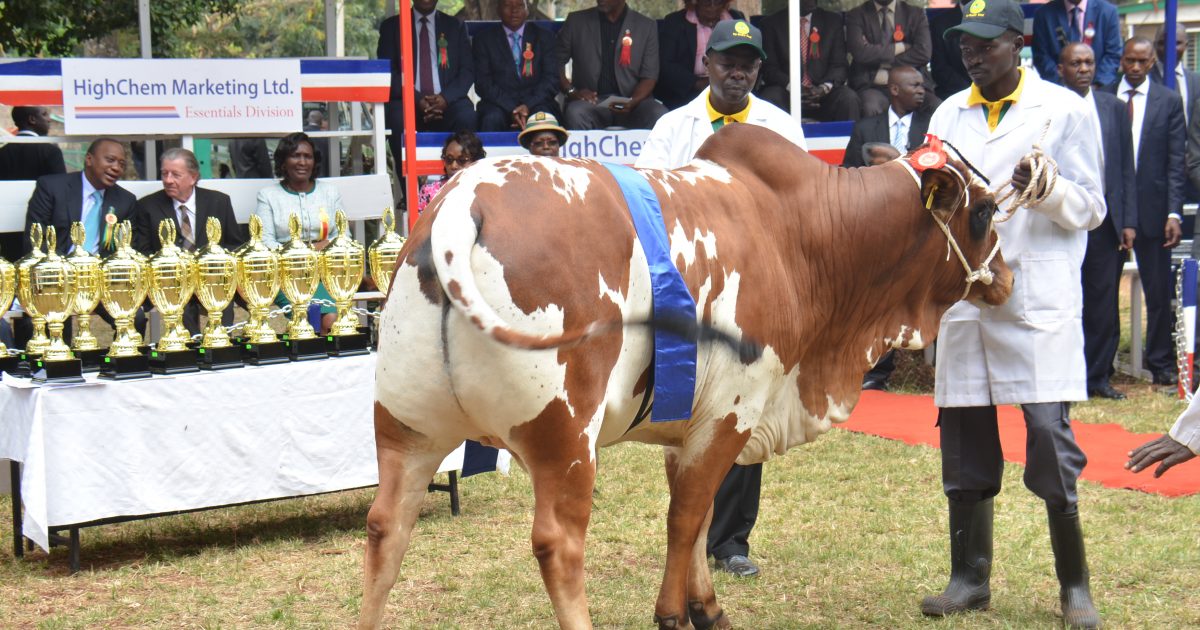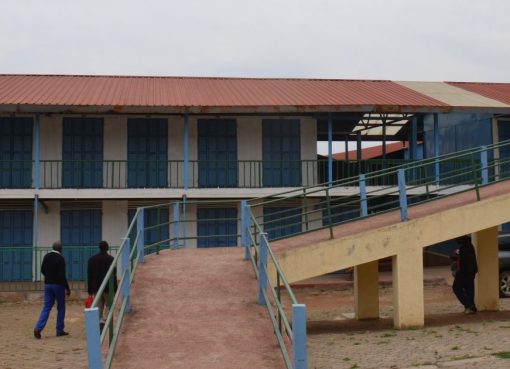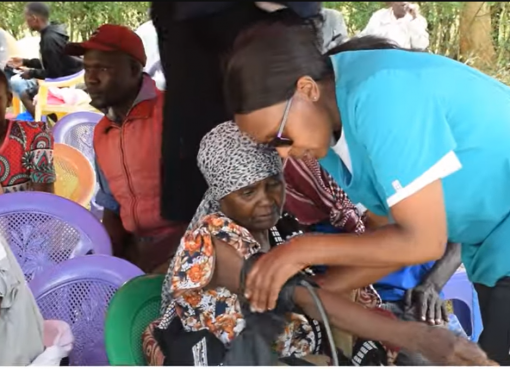Beef livestock farmers are set to benefit from a Sh3 billion export programme that will identify, test and prepare animals for export as live or packed meat.
Livestock Chief Administrative Secretary, Lawrence Omuhaka has said that the allocation will be used to construct sheds, laboratories for testing, and provide feed for the animals in the collection centres to be put up in Lamu, awaiting export.
The programme, Omuhaka said, will require farmers to have a medical history of their animals to ensure that they are free from diseases and in safe condition for human consumption.
“We have rolled out an animal identity and traceability programme to ensure every animal has records that will be in its passport. We will train our farmers to set up a system to trace the animals so that their history can be provided to the markets, while we provide security systems through chips to trace animals in case of theft.
We have identified Disease Free Zones in Rift Valley, North Eastern, Central and Coast regions of the country, which will also act as collection areas before they are held in Lamu awaiting export,” Omuhaka added.
He spoke at the Nyahururu Animal Health Industrial Training Institute (AHITI) graduation ceremony.
The principal of the Institute Esther Ng’ethe said that their focus is on equipping their students to aid farmers in boosting their milk production in the dairy farming.
Ng’ethe said that the future of dairy farming in Nyandarua County is in irrigation-supported fodder growing as opposed to dependence on rain fed cultivation.
“There is a need to move from traditional practices to adoption of new technologies in the practice of animal rearing. The challenge is on us right from the training institutions so that farmers through extension services can transition to raising irrigated fodder to help them during the dry seasons.
We are also growing different types of grasses in fields which we are planning to expand for purposes of research which will ensure that our students have practical knowledge to help farmers to propel the production of their animals through proper feeding practices,” added Ng’ethe.
By Rahab Naimutie





